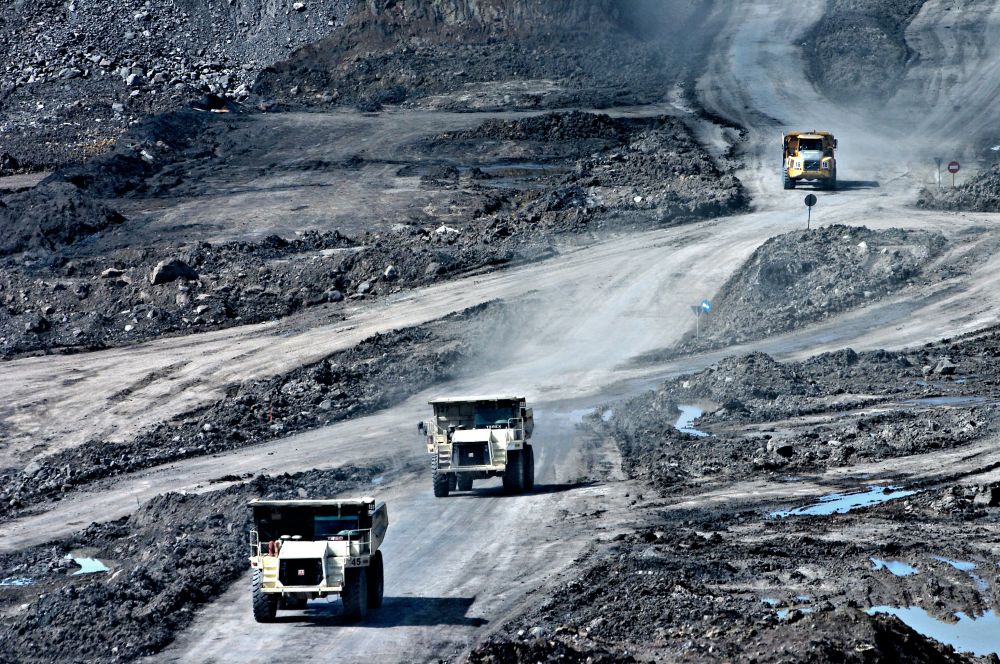Trump closes in on proposal to undo Obama’s climate rule
The Trump administration will shortly release its plan to replace Barack Obama’s ambitious attempts to curb greenhouse gas emissions.

The Trump administration will shortly release its plan to replace Barack Obama’s ambitious attempts to curb greenhouse gas emissions.
Former US President Obama’s strategy, set in 2015, planned to transition away from fossil fuels towards using more sustainable sources of energy, such as wind and solar power. Coal-fired power plants are the biggest contributor to carbon dioxide emissions in the US, totalling 69 per cent.
Replacing these plants was seen as key to Obama’s efforts to combat climate change and meet the goals of the Paris climate agreement.
However, President Trump plans to give states the power to set their own regulations for coal plants, something which could see a revival of the technology in some areas, according to documents seen by Politico.
The plan would also allow states to create rules in order to burn less coal, but produce the same amount of electricity; however, this proposal would still have seriously negative effects for the environment.
The Environmental Protection Agency (EPA) has admitted that pollutants would be higher under Trump’s new plan, which has been poorly received by environmental campaigners. Janet McCabe, who was acting EPA assistant administrator during the Obama-era, regarded the proposal as “another, more official, sign that the government of the United States is not committed to climate policy.”
Earlier this month, Trump also set out a proposal to downgrade standards for fuel efficiency. This is another plan put in place to undo progress on air pollution during the Obama era.
In response, California intends to change its own regulations to ensure any car sold in the state will have to meet its own higher standards, rather than weaker ones set by at the federal level.
“Dirty, gas guzzling vehicles are a direct assault on public health, and foreclose our ability to rein in air pollution and greenhouse gases,” said Mary D. Nichols, chair of the California Air Resources Board.
